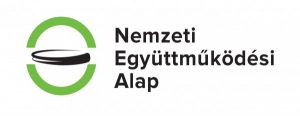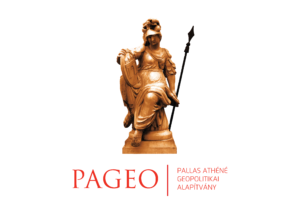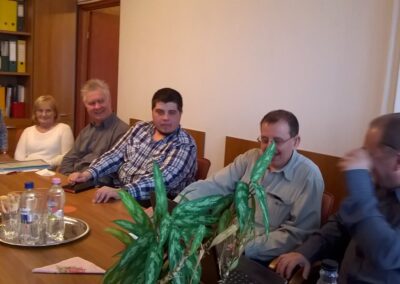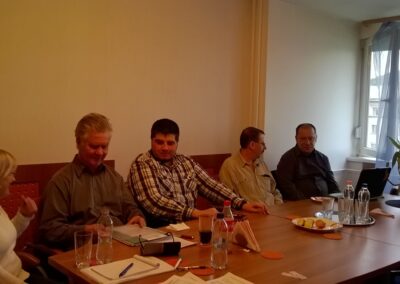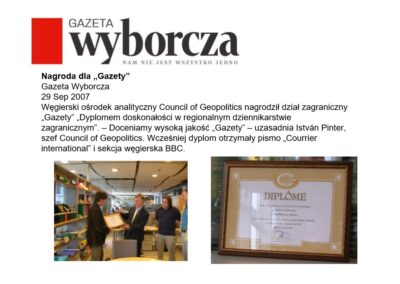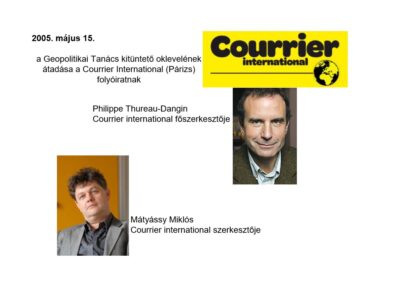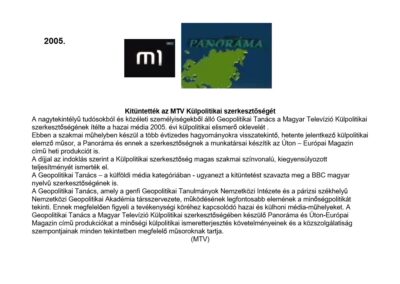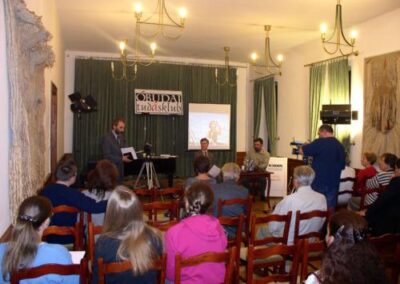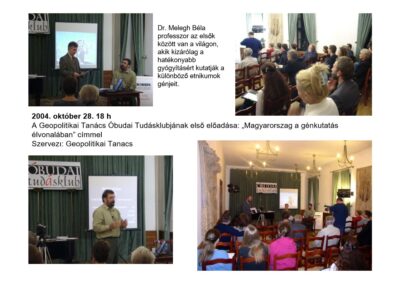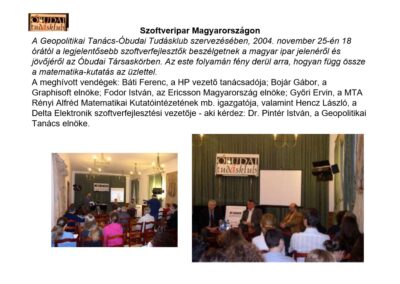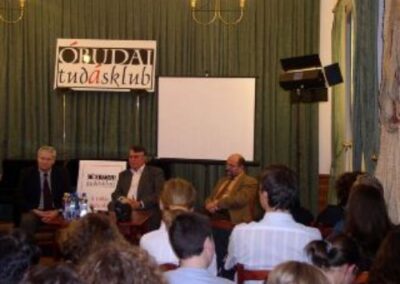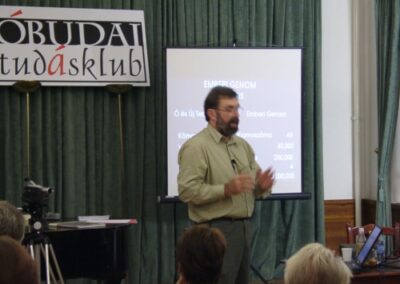Activities
Areas of expertise
Security research
Geoolitical analysis
Freedom of press and opinion
National collaborations
International collaborations
Security research
We conducted a research entitled “The Development of Corruption Networks in Hungary and the Measures to be Taken to Eliminate Them” within the framework of the individual support NEA-E-12-0086.
The final results of the research were summarized in Workshop Papers 2013/2 and 2013/1 in the abbreviated English version.
For those interested and the media, on April 17, 2013, we held a conference on the topic co-organized with the Joint Venture Association.
You can find information about the conference at the following links:
.
Dr Róbert Sándor Szűcs presentation
Nikoletta Kelemen Hényei presentation
Press coverage of the conference
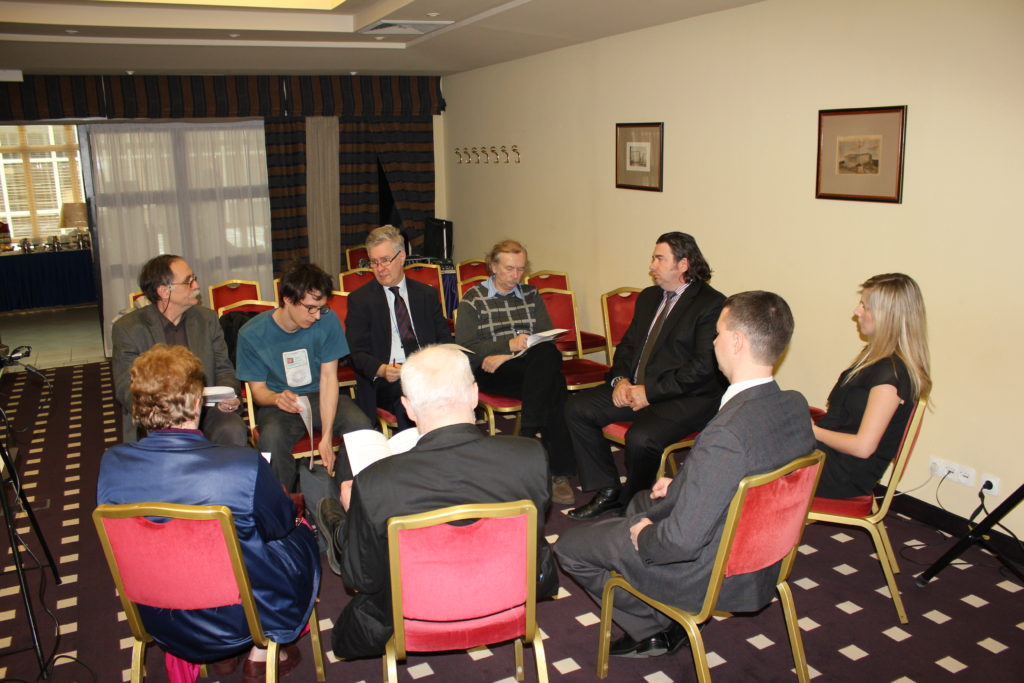
We conducted research entitled “Promoting Civilian Control of National Security Activities through the Public” in the framework of the Norwegian Civil Support Fund grant NCTA-2008-C01166.
The results of the research were presented by the Geopolitical Council Public Benefit Foundation in two new volumes of studies on Secret Service Democracy on 30 June 2010.
Siri Ellen Sletner, Ambassador Extraordinary and Plenipotentiary of the Kingdom of Norway to Hungary, gave an opening speech. Dr. István Pintér, President of the Geopolitical Council, presented the published volumes entitled “Norwegian Experiences in Parliamentary Control of the Secret Services” and then Dr. Sándor Kurtán, Assistant Professor at the Institute of Political Science of the Corvinus University of Budapest, entitled “Regime Change in the Hungarian Secret Services”.
Pictures of the conference:
Geopolitical analysis
We conducted a research entitled “Geopolitics of Virtual Space” under the contract PAGEO / TSZ / 2015/23 of the Pallas Athéné Geopolitical Foundation.
The results of the research were summarized in the 2016/1 issue of the Workshop Studies of the Geopolitical Council Foundation.
Whoever controls the production of info-communication products and software (especially their standardization and development), as well as the transmission and archiving of data, dominates cyberspace. Whoever dominates people’s attention dominates the virtual space. He who rules cyberspace and virtual space rules the Earth. (2016) The geopolitics of virtual space. In: PINTÉR, István:
The geopolitics of cyberspace. Geopolitical Council Workshop Studies, Budapest, 2016/1. p. 287.HU ISSN 1788-7895.ISBN 978-963-9816-34-3)
Available at ekonyv.hu at the following address: https://www.ekonyv.hu/hu/konyv-reszletei/a-virtualis-ter-geopolitikaja –Geopolitics-of-the-virtual-space? Eid = 28792
In PDF format: http://mek.oszk.hu/16100/16182
The research team
Freedom of the press and opinion
In 2005, Courrier International (a French foreign policy magazine) received an award from the Geopolitical Council for its objective information.
In 2005, the editorial staff of „Világóra” received the award from the Board of Trustees of the Geopolitical Council, in recognition for “outstanding performance in providing high quality balanced and impartial foreign policy information”.
In 2006, the BBC broadcast in Hungarian received the award from the Geopolitical Council.
In 2006, the editorial board of the foreign policy program MTV1 Panorama received the award from the Geopolitical Council.
In 2007, the Polish newspaper Gazeta Wyborcza received the awardfrom the Geopolitical Council.
From the echoes of the awards:
National collaborations
The research activity of the Geopolitical Council is not an end in itself. We profess the unity of “knowing and doing”. We take action against fake news and manipulated scientific activities. In order to ensure the purity of public sphere, we created the institution of the “Civil Supervisor”, and at the invitation of the Ministry of Justice and Law Enforcement, we participated in its anti-corruption working group. We made proposals to ban the offshore accounts of government officials, and we translated the international transparency news into Hungarian at secinfo.hu. To organize knowledge transfer, we organized scientific lectures called “Óbuda Knowledge Club”. We are co-founders of the Joint Venture Alliance’s Anti-Corruption Working Committee. We are active members of the Ministry of Justice’s Thematic Working Group on Other Civil and Political Rights in the Human Rights Working Group, where we have initiated the inclusion of the Internet as a fundamental human rights agenda. We are promoting the digital transformation with our proposals to complement the National Strategy for Research, Development and Innovation. We also inform the public about geopolitical contexts in our media appearances.
Pictures of the programs of the Óbuda Knowledge Club:

